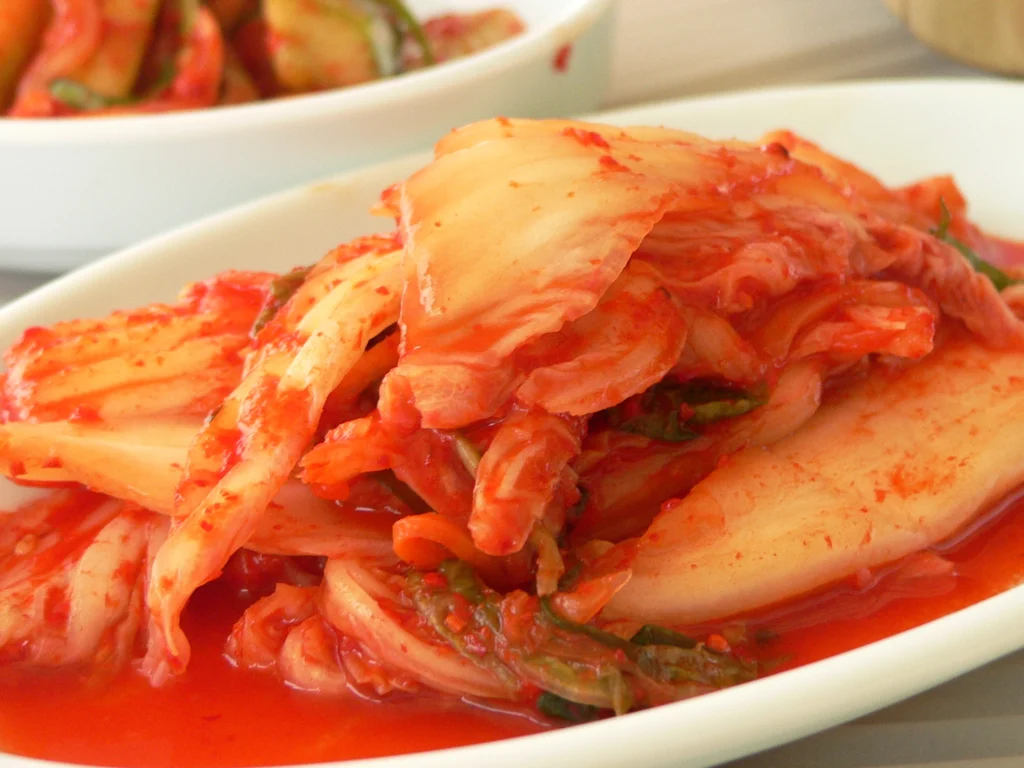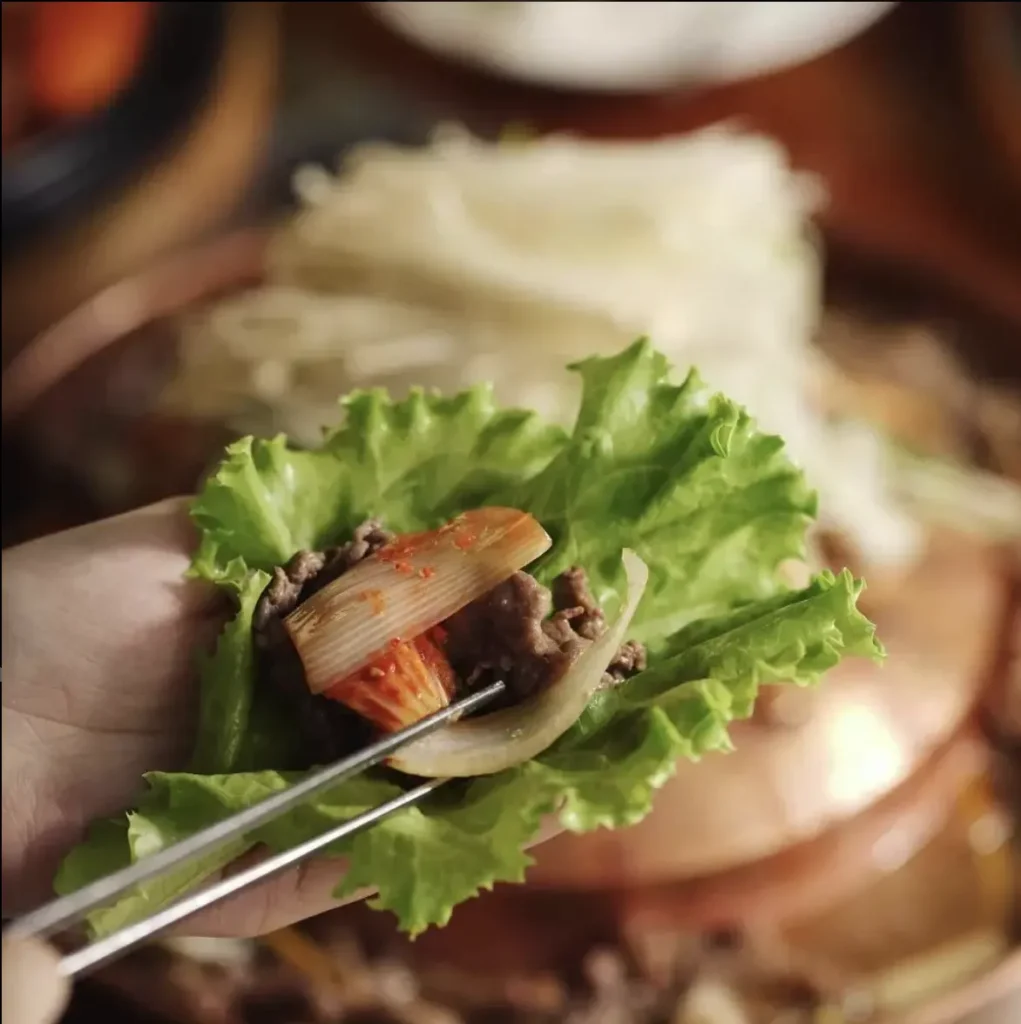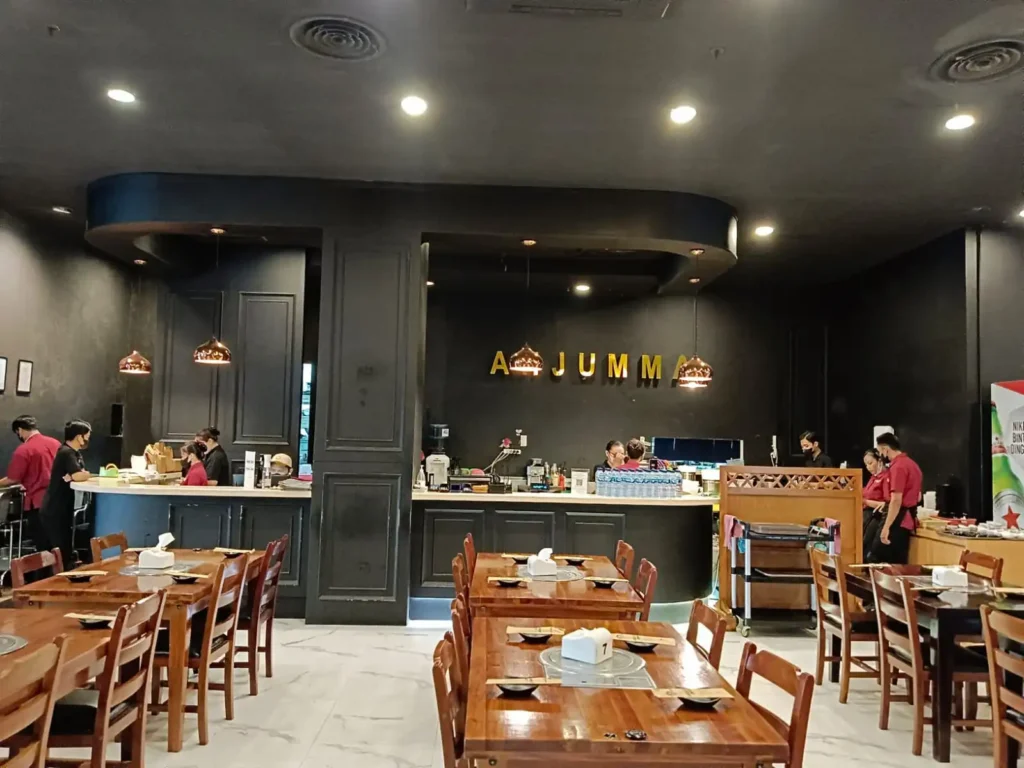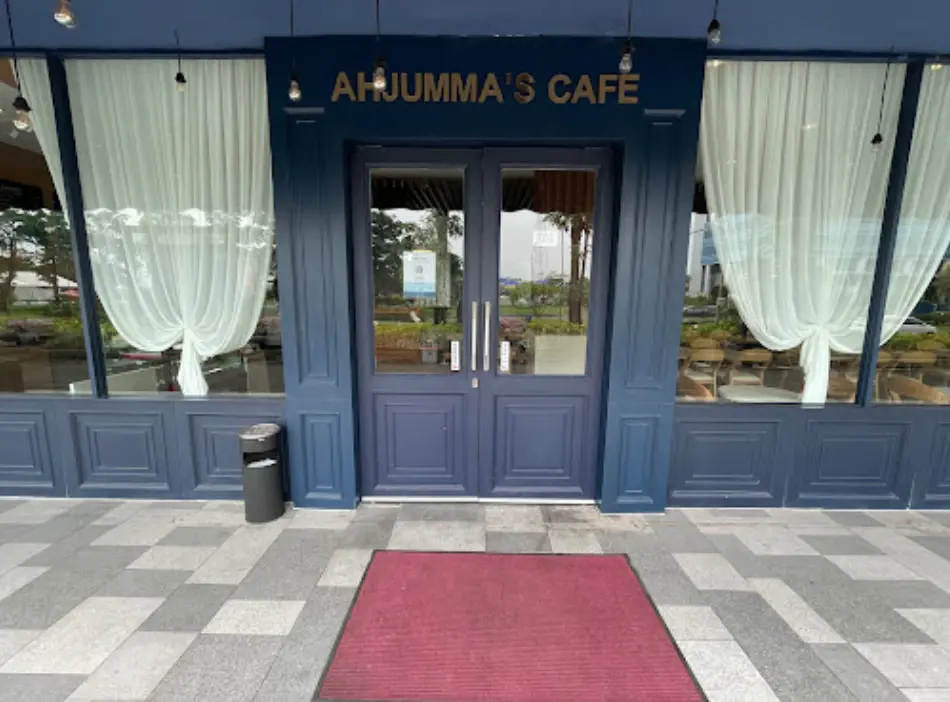5 Misconceptions About the Korean Food
When we discuss the diverse culinary world, Korean food stands out with its bold flavors, bright colors, and ancient traditions. However, like many other global cuisines, Korean food is often subject to misconceptions and stereotypes. Unraveling these misconceptions can improve our understanding and appreciation of Korean cuisine.

- All Korean Food is Spicy
For those foodies who prefer a milder dish, with no tissues or glass of milk to hand, there are numerous non-spicy Korean dishes to indulge in. In fact, many of the most-loved Korean dishes are spice free. These include:
1. Bulgogi — meat marinated in soy sauce, sesame oil, sugar and ginger (one of Korea’s signature dishes).
2. Kimbap — rice rolled in seaweed with fillings like kimchi, cucumber or egg.
3. Gyeranjjim — steamed egg casserole.Pajeon — Korean pancake with green onions.
4. Cup toast — a favourite street food in Korea — fried sandwich with vegetables, spilling out of a cup.
5. Samgyupsal — aka ‘the Korean bacon’. slices of belly meat are grilled on your table.
6. Japchae — sweet potato starch noodles, usually served as a side dish, but so moreish there’s no rule that says you can’t size it up and make it a main!

2. Kimchi is the Only Side Dish
Kimchi is a traditional fermented vegetable dish from Korea globally appraised as healthy food. The most common kimchi is baechu kimchi made from Chinese cabbage (Brassica rapa). Having been an integral part in the Korean food culture for thousands of years, kimchi is considered as a symbol of Korean identity and pride. The importance of kimchi in Korean food culture is reflected from a special annual event dedicated to the making of kimchi held in autumn known as kimjang. Understanding the philosophical values of kimchi and kimjang culture would make people see kimchi not only as a mere ethnic food, but also as a global cultural heritage that needs preserving for its continuity in the future.


3. Korean Food is Just BBQ
The smoky richness of Maillard-chaand rendered fat is the foundation of Korean barbecue. The other elements at the table certainly play significant roles, and are delicious in their own right, but they’re supporting actors that complement and provide balance to the waves of meat coming off the grill. While Korean BBQ, like galbi and samgyeopsal, is a popular and delightful experience, it’s just a fraction of what the cuisine has to offer. Soups, stews, rice dishes, and street foods like tteokbokki (spicy rice cakes) are equally integral to the Korean culinary landscape.
4. Korean Food is Unhealthy
Considering the ingredients and cooking methods of the traditional Korean diet, it’s generally considered healthy. Because they’re often high in vegetables and cooked without much oil, Korean meals are often lower in calories than traditional American meals. Kimchi, for example, is made via lacto-fermentation. This means it contains Lactobacillus bacteria. According to test-tube and animal studies, these bacteria may support your immune system. |

Source : Bulgogi/ahjummakitchen/instagram.com
5. It’s Hard to Find Vegetarian or Vegan Korean Food
Not all Korean food uses meat as the main component, there are some Korean foods that are actually vegetarian food. The following dishes are accidentally vegan or can usually be veganised.
- Bibimbap (비빔밥)
- Japchae (잡채)
- Pajeon (파전)
- Gimbap/kimbap (김밥)
- Juk (죽)
- Hotteok (호떡)
- Rice cakes/tteok (떡)
- Kongguksu (콩국수)
- Mul naengmyeon (물 냉면)
- Jumeokbap (주먹밥)
- Somaek (소맥)

Source : japchae/ahjummakitchen/instagram.com
Uncovering the Authentic Flavors of Ahjumma
Now that we’ve debunked the myths surrounding Korean food, it’s time to embark on a culinary journey with Ahjumma at the Fairway Nine Mall. Step into our warm and inviting restaurant, where the aroma of authentic Korean cuisine fills the air and Ahjumma’s friendly staff will greet you with genuine smiles. Ahjumma’s menu is a testament to the diversity of Korean cuisine, featuring classics such as bibimbap, bulgogi and kimchi jjigae, alongside regional specialties that reflect Korea’s rich culinary heritage.




What's best of Ahjumma
- Authentic Flavors: We use only the freshest ingredients and traditional cooking methods to bring you the true taste of Korea.
- Diverse Menu: Our extensive menu offers something for everyone, from mild favorites to bold and spicy delights.
- Affordable Prices: We believe that authentic Korean cuisine should be accessible to everyone, offering great value for your money.
- Warm Hospitality: Our friendly staff is always ready to welcome you and guide you through our culinary offerings.
Visit Ahjumma today and experience the true essence of Korean cuisine. Let our authentic flavors and warm hospitality transport you to the heart of Korea.

